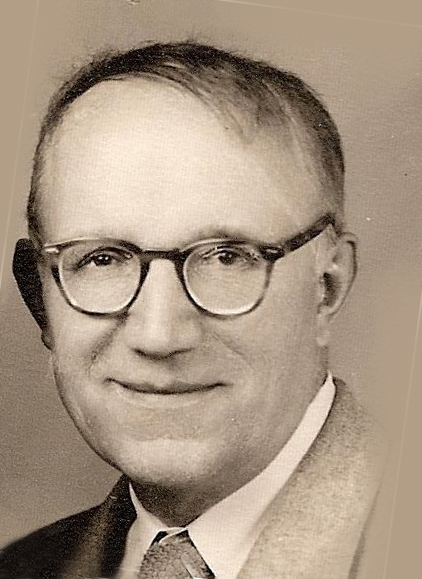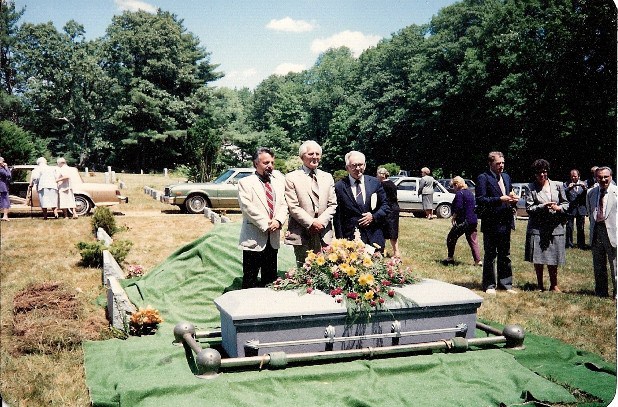 Rodion Mikhailovich Beryozov (real lastname Akulshin) was born in 1886 into a poor peasant family. Upon graduation from the teachers' seminary (1915), he worked as a teacher in various cities. Since late 1923, he lived in Moscow. He studied at the Highest Literary and Art Institute named after V.Y.Brusov.
Rodion Mikhailovich Beryozov (real lastname Akulshin) was born in 1886 into a poor peasant family. Upon graduation from the teachers' seminary (1915), he worked as a teacher in various cities. Since late 1923, he lived in Moscow. He studied at the Highest Literary and Art Institute named after V.Y.Brusov.
The literary career of Rodion Mikhailovich began in 1925 when he published his first essay in "Red Virgin Soil" magazine called "What’s a village whisper”. This writing endeavor caught immediate attention of Maxim Gorky, the famous writer, who noted that “Rodion Mikhailovich knows the rural life, has a keenness of expression and a sense of humor”.
Rodion Beryozov (Akulshin) produced a number of books, essays and short stories before World War II. He wrote a lot for children. He met and made friends with writers and poets such as M. Gorky, O. Mandelstam, B. Pasternak, I. Ehrenburg, S.Yesenin.
In July of 1941 Rodion Mikhailovich was mobilized to the national militia, and was captured on October 5th at the Yelnya battle. While in captivity, he almost died of hunger. He managed to get away from the camp, thanks to the writer's talent and patronage of Sergei Maximov (Shirokov), the writer in charge of "Vineta", Berlin literary department serving the foreign workers in German labor camps.
The war ended, and Rodion was seeking the opportunity to resettle to America. At that time, the camps for ex-prisoners of war and refugees were regulated by 1945 Yalta agreement, which required former Soviet citizens, regardless of their desire, to be sent back to the USSR where concentration camps awaited them. Many Russian refugees, legally Soviet citizens, began the search for an escape route out of a hopeless situation. People began to change personal data indicating fictitious places of their residence outside the Soviet Union. Many changed their last names. So did Rodion Mikhailovich Akulshin; he identified himself as a Polish citizen and became Rodion Beryozov.
In 1950 he came to the US under fictitious identity and then decided to tell the truth, yet was prosecuted for forgery, and by the law had to be expelled from the country. R. Beryozov shared this experience in his book titled "How it was". Beryozov got backed by professor Chebotarev, A.L. Tolstaya and editor of the "New Russian word" M.E. Weinbaum, who collected 10,000 signed petitions in support of Beryozov's case via his newspaper. Berezov was summoned to testify before the Senate committee in Washington. Soon after, Senator John. F Kennedy introduced a bill to the House of Representatives on the legalization of immigrants who at their entrance to the country provided false information seeking to avoid extradition to the Bolsheviks under the Yalta agreement between the USSR and the Western Allies. Upon amendments adoption to the law, about 25 thousand people were able to legally reside in the US. These people became known as "Beryozovtsy” and the whole phenomenon as “Beryozov’s thickness“.
In America, Beryozov settled in Los Angeles and began to attend church worship at "Slavic center of evangelism." Soon, thanks to the beneficial effects of Paul Rogozin and John Mark (Galustyan), he accepted Christ as his personal Savior. And since then, Jesus Christ becomes the main theme of his works, the One who gave him time, health and, above all, faith until the end of his long life.
Rodion Mikhailovich wrote a lot. But few know that he did not only write poetry and short stories, but also skillfully vocalized them. Many believers in the former Soviet Union, who secretly listened to Christian broadcasts from Monte Carlo, will forever remember his radio broadcasts, when he read his so famous stories such as "Chiding reeds", "Tiny scrape", "Down above the city", "The agreement with death "," Two sinners " and many others.
The work of Rodion Mikhailovich was marked by truthfulness and artistic brilliance; it taught to understand and to love the Lord. His friend Nicholay Vodnevsky wrote of Beryozov: "As the herald of the Gospel truth, he wrote about the One who is disliked by the jeering crowd but who loved man with heavenly love."
Russians have diverse opinions about this man since they only knew him one-way as: the writer, atheist, critic and intellectual anti-Communist. But to the wider audience in the West, Beryozov is known as a Christian writer and poet who wrote more than thirty books. Many of his writings described the Russian way of life, his home village and the identity of its inhabitants. He longed for his lost homeland and expressed his love for her in the pages of his books.
His last years Rodion Mikhailovich spent in a Christian seniors’ home, being sickness bedridden in Ashford, Connecticut, USA. He died on June 25, 1988. The funeral was well attended. Many came to bid farewell to the body of the Christian writer from different places: from Russia, Australia, Germany and America. Much good was said about this remarkable man, the one who endured through heavy testing and finally reached that place of which with fully confident he could call his homeland.


